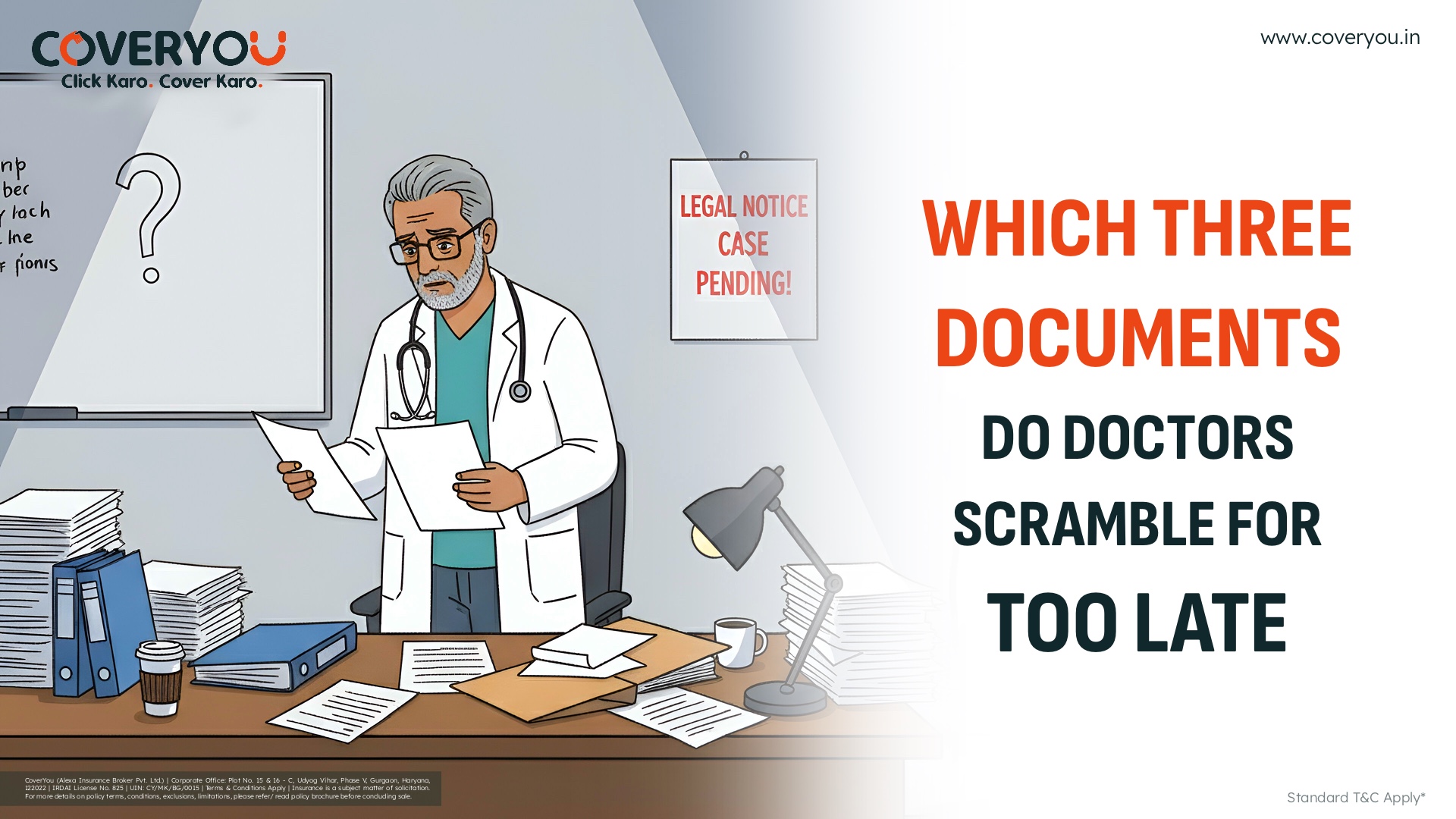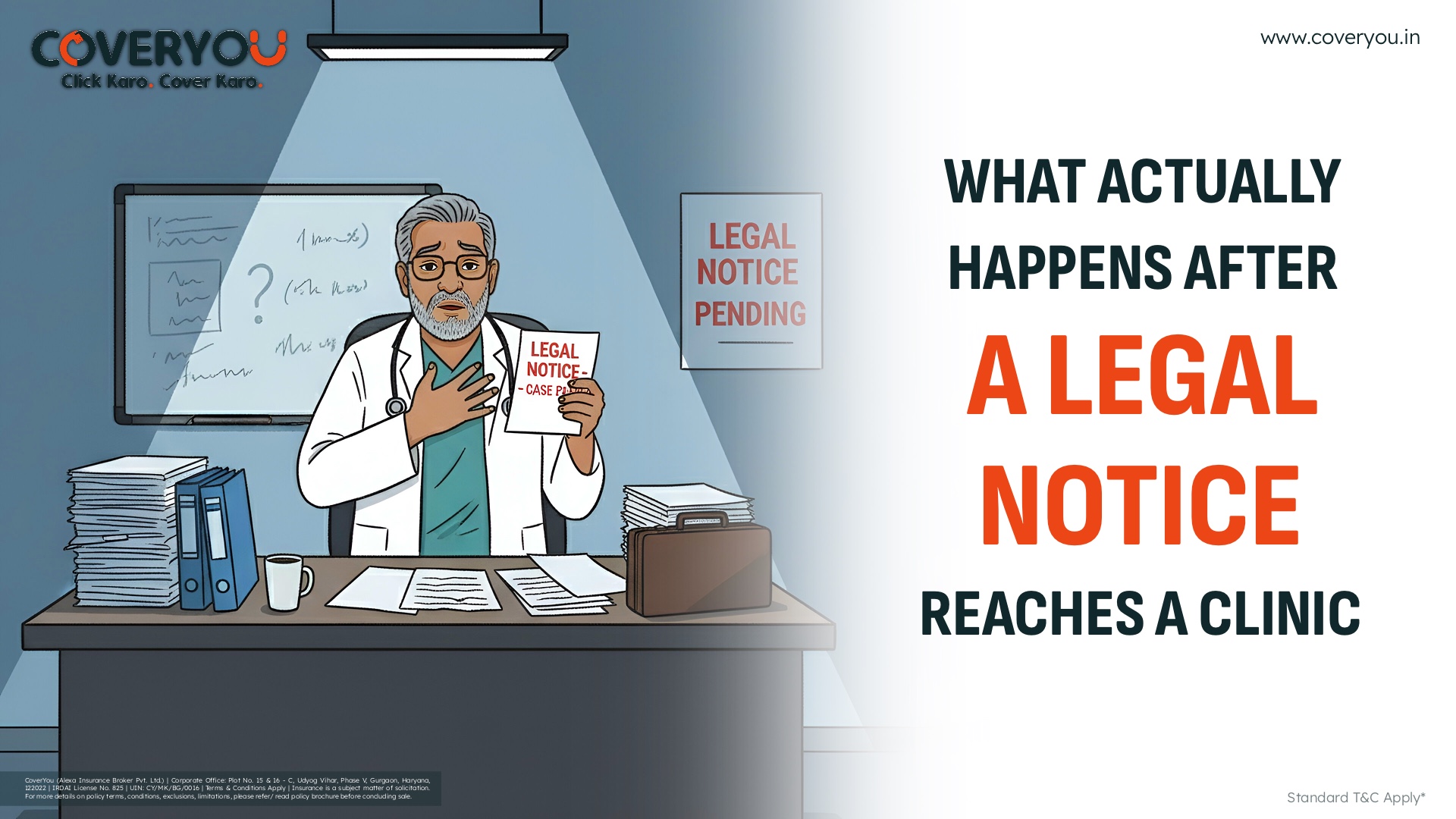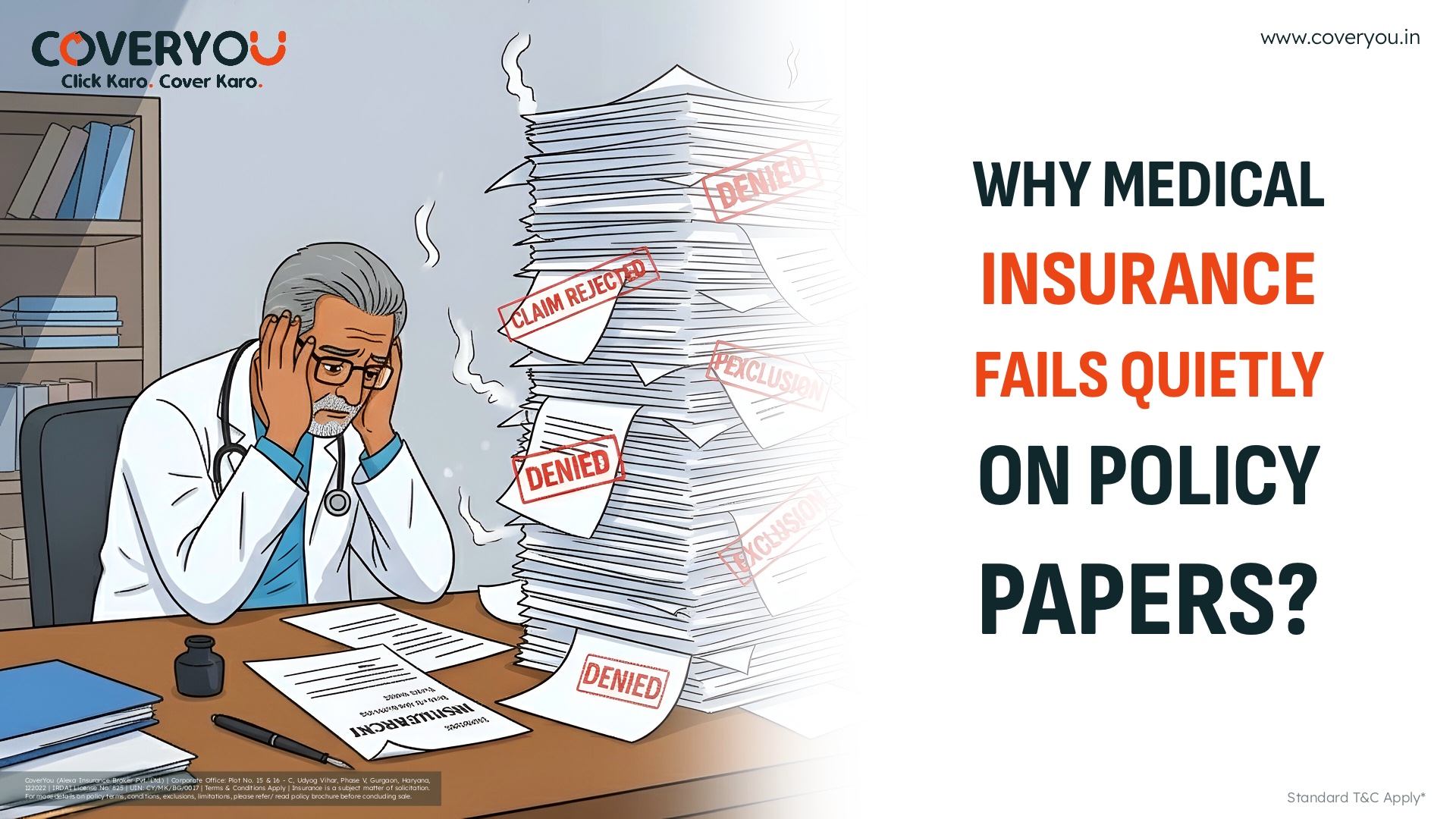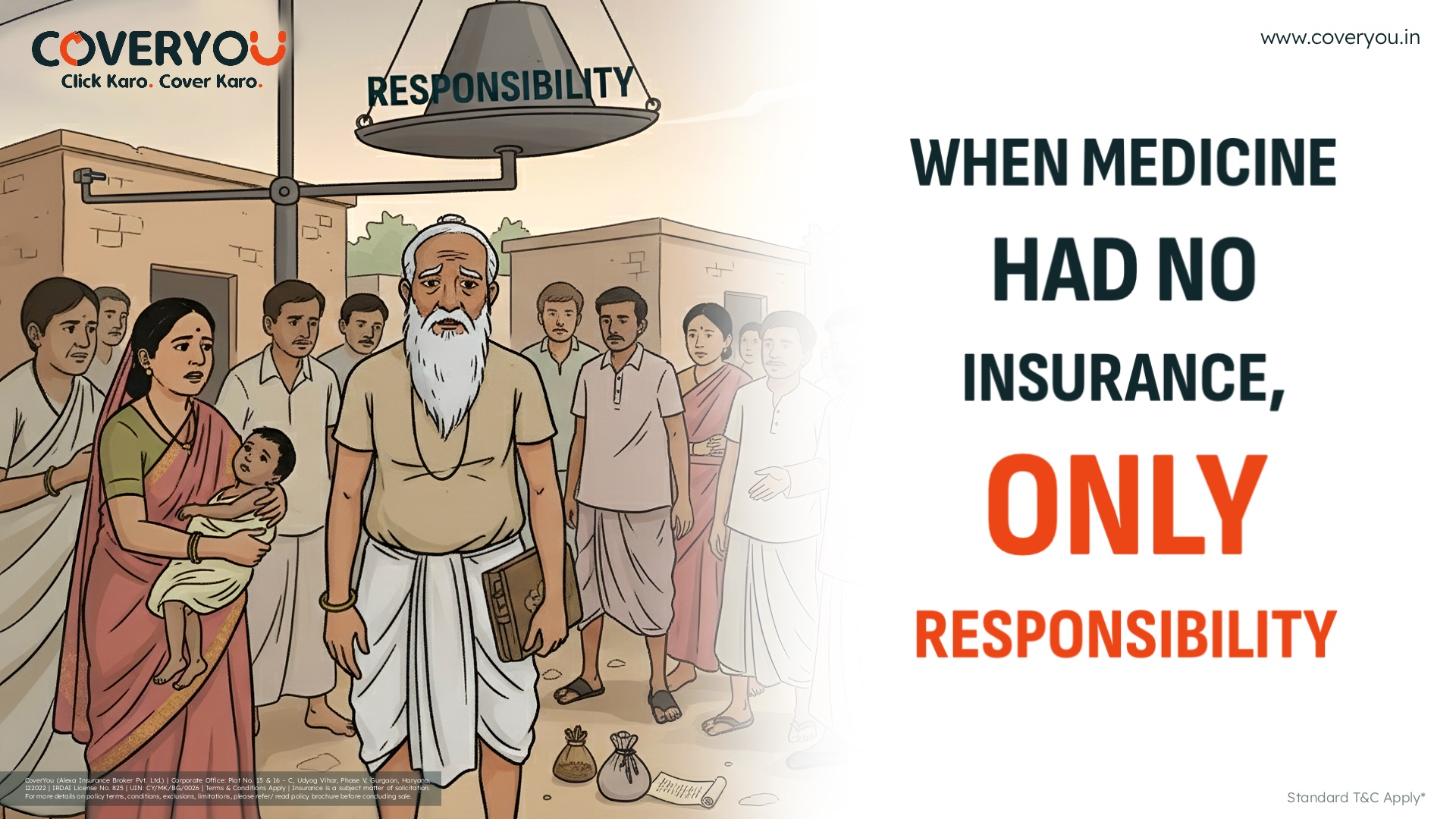Introduction
It takes a lot of accomplishment to become an Anaesthesiologist. They are employed in a highly dangerous, specialized area of the medical sector that involves sedated patients undergoing surgery. So, it makes sense to secure your labour of love with a professional liability insurance policy. Because, as an Anaesthesia Professional, it’s possible that you won’t intend to hurt a patient, but no one can deny the fact that there are always chances of something wrong happening. A patient’s health may be compromised, and they may even die accidentally if they receive too much anaesthesia. Additionally, patients occasionally experience unexpected side effects from anaesthesia that are not the Anesthesiologist s’ fault. Due to these factors, some healthcare facilities that use Anesthesiologist s offer anaesthesia malpractice insurance to cover potential court costs. However, the majority of hospitals, emergency clinics, and private practices do not provide insurance, forcing Anesthesiologist s to purchase anaesthesia medical malpractice insurance themselves.
These unplanned, unfortunate events that could happen to any Anesthesiologist at any time are covered by professional liability insurance, also known as medical malpractice insurance.
An independent insurance agent is the best person to discuss the hard facts of professional liability insurance. They possess the tools necessary to safeguard your corporate procedures, and they are not averse to using them. An anaesthetist insurance policy is frequently necessary protection for you and most other medical professionals because it can defend you if a claim is made against you due to negligence.
What is Professional Liability Insurance?
The term “Medical Malpractice Insurance” also applies to professional liability insurance. A professional, consultant, or doctor is covered under this policy if there are allegations of negligence or omissions that led to an injury or even death while the patient was in the professional’s care.
For an Anesthesiologist , picture a patient being put to sleep for a long period of time and never waking up. Because every person is unique and because their bodies respond to other treatments differently, it has happened and will continue to happen. Medical malpractice lawsuits are a real possibility, so you should get insurance to cover them.
Why is it important for Anesthesiologists to have Liability Insurance?
In order to protect yourself and your ability to support yourself financially as a medical professional, it is essential that you have the appropriate medical malpractice insurance in place. Anesthesiologists are in charge of assessing, monitoring and directing patient care prior to, during and following their treatment. They are expected to carry out a variety of duties as members of the anaesthesia team in hospitals and clinics. Their work is dangerous because they directly contribute to ensuring the best possible patient recovery and safety. The slightest mistakes and miscalculations can have a significant negative impact on the patient’s health, from the client’s information to the tools and medications they use. These errors may cause severe financial setbacks from which it may be difficult to recover.
In order to lower the risk of errors as much as possible, the healthcare sector is heavily regulated. Anesthesiologist insurance is essential to make sure that hospitals and clinics are safeguarded against lawsuits and claims in situations like:
- An allergic reaction to the anaesthesia may be caused by a patient’s pre-existing conditions or allergies.
- The patient may hurt themselves as a result of anaesthetic side effects like dizziness.
- Anesthesiologists use equipment that has the potential to cause accidents or harm people.
Even if you are an Anesthesiologist with years of training and experience, you can never be too careful when it comes to liability. Therefore, it’s crucial to have a personalized insurance policy to safeguard both you and the clinic from these risks.
What should an Anesthesiologist’s Insurance Policy cover?
Your Anesthesiologist Insurance is tailored to your needs in terms of both coverage and requirements. The following are some typical coverages found in Anesthesiologist insurance policies:
- Commercial General Liability Insurance – also known as CGL insurance, offers coverage for accidents, bodily harm, and property damages to third parties that happen as a result of your company’s operations. You are protected against lawsuits, losses, and medical costs, for instance, if a patient is hurt.
- Commercial Property Insurance – Anesthesiologists depend on their supplies and tools to do their jobs well. Making sure your assets are safeguarded in the event of a fire, vandalism, flood, or other insured peril or unavoidable natural disaster is crucial.
- Professional Liability Insurance – Professional Liability Insurance, also known as medical malpractice insurance or errors & omissions insurance, offers coverage for allegations of carelessness, misconduct, mistakes, and more that cause an injury or death while the Anesthesiologist is rendering professional care.
Summary
Medical professionals frequently face malpractice claims throughout their careers. Make sure you have a proactive, knowledgeable, and powerful insurance partner on your side to stand up for your interests when your livelihood, reputation, and personal assets are at stake.
It’s crucial to consider a variety of factors when conducting your research. It is important to carefully weigh the policy premium in relation to the service, security, financial stability, and long-term viability of the insurance provider. Before making a choice, CRNAs should consider the carrier’s risk management offerings, policies, and level of expertise.
FAQs
Q1. What are the potential risks associated with administering anesthesia during surgery and why is insurance necessary for such risks?
Ans: Anesthesiologist Insurance is essential to make sure that hospitals and clinics are safeguarded against lawsuits and claims in situations like:
- An allergic reaction to the anaesthesia may be caused by a patient’s pre-existing conditions or allergies.
- The patient may hurt themselves as a result of anaesthetic side effects like dizziness.
- Anesthesiologists use equipment that has the potential to cause accidents or harm people.
Q3. What types of situations can lead to claims against an Anesthesiologist ‘s practice, and how can insurance mitigate the financial impact of such claims?
Ans: Situations, where a patient gets injured through anesthetic practices, can lead to a claim against an Anesthesiologist . This claim can be covered under medical liability insurance, saving both effort and money.
Q4. What are some common scenarios in which an Anesthesiologist may need to use their insurance coverage, and what types of coverage are typically necessary?
Ans: The scenario includes any kind of harm caused by the Anesthesiologist , both accidental and due to any negligence. So the coverage required is for a medical liability claim, equipment, and personal injury.

















